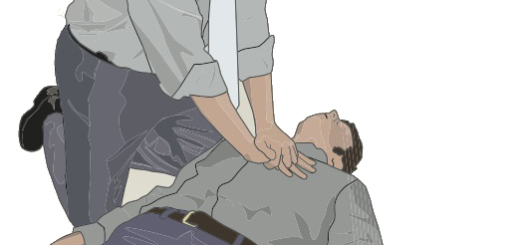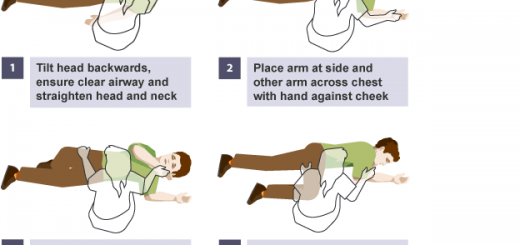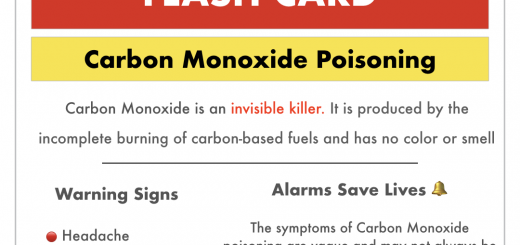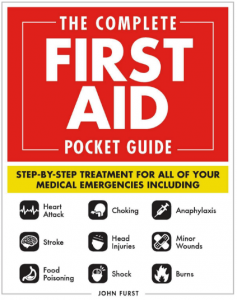What Is Cold Water Shock?
It is always better to be aware of the dangers that are around us. While jumping in a pool of cold water or going for a sudden dip in cold water on the beach may seem like a great idea, it can cause cold water shock.
This is not something that should be taken lightly as it is an extremely strong response that comes from our body. This can cause death or loss of consciousness. It is said that more people die every year of cold water shock than hypothermia.
Here is everything you need to know about cold water shock.
Cold Water Shock – What Is It?
Firstly, you need to understand what is meant by cold water. It is said anything that is below 15°C is cold water. Going to such a temperature can affect your body’s ability to move.
This is because our body has many responses and mechanisms through which it protects itself. When you are suddenly in such cold water, your body will produce this response involuntarily.
What It Entails
There are many signs through which you can tell you are experiencing cold water shock. Here are some of them:
- Difficulty in breathing
- Increased heart rate
- Blood vessels in your skin will start to close. This will affect the circulation of blood
- Increased blood pressure
- Feelings of panic
- Muscle spasms
- Water inhalation
Because of these symptoms, you may go through panic and anxiety and inhale water. When the water enters your lungs your chances of drowning increase as it only takes a pint of water to enter your longs before you start to drown.
How To Prevent Cold Water Shock
There are two steps to this. Firstly, if you are planning to go into the cold water then wear a proper life jacket and check the temperature of the water before taking a dip.
However, if you enter the cold water suddenly then here are a few things you can do to help yourself:
Stay Afloat
Don’t swim as soon as you enter the water. Instead, float on your back to control your breathing. Take the help of something nearby to hold onto so you can float easily. Here are a few steps to float properly:
- Don’t swim or thrash around first
- Lie on your back and make sure your legs and arms are extended
- If you have trouble floating then move your arms and legs to help you float
- Stay in this position till your breathing returns to normal
- Once your breathing is normal, swim back to safety or call for aid
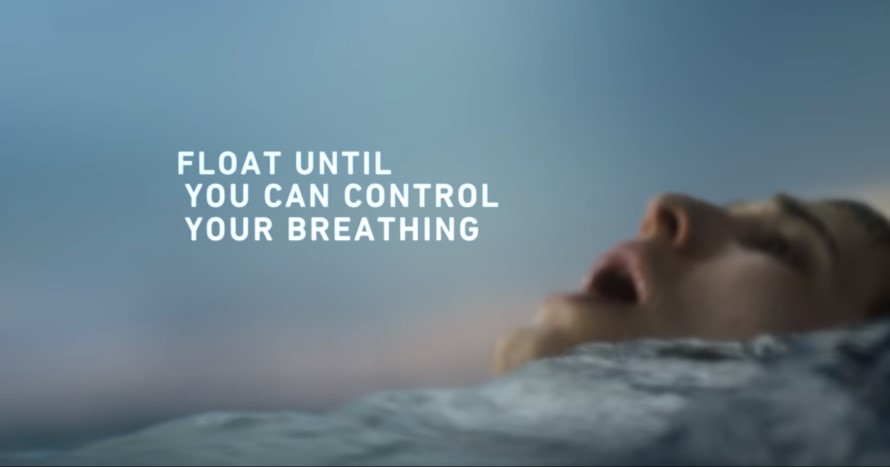
Stay Calm
Take a minute when you enter the water unexpectedly and stay calm. The more you panic the worse it will get. Many times the initial shock passes after a minute so take that minute to keep yourself calm.
Final Words
If you see someone else going through this in the water, please call for help and don’t jump in the water as you may experience the same cold water shock. Always be careful when it comes to water and take preventative measures.

